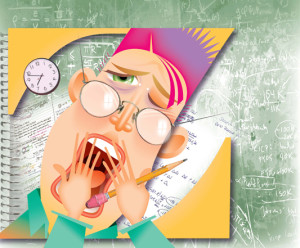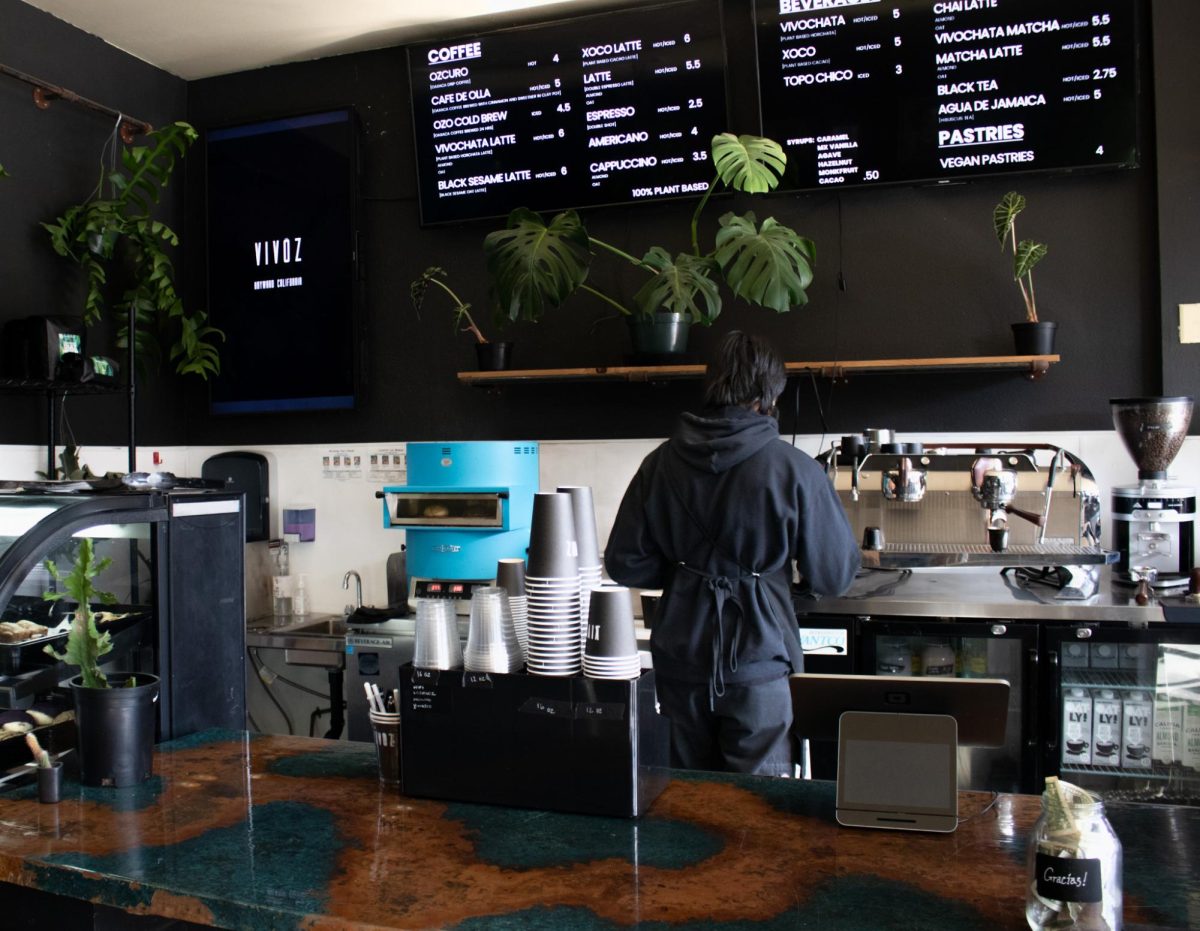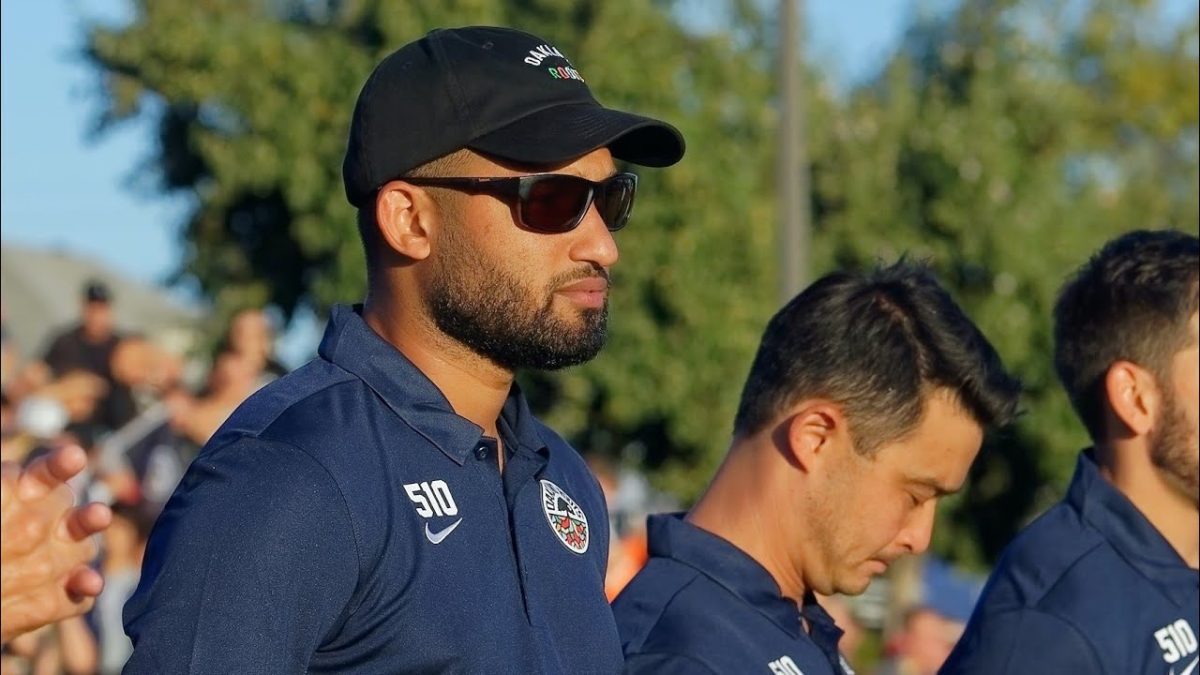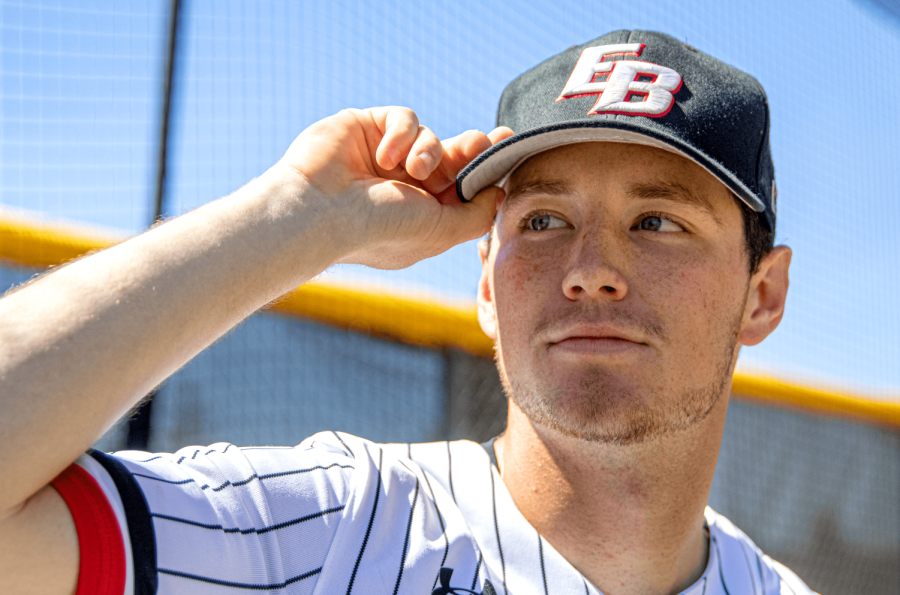
With such hectic and fast-paced lifestyles, students can be careless about their sleep, and on campus it’s the second highest predictor of academic problems, experts say.
“We need sleep to recharge our systems,” said Elysse Grossi, Outreach Coordinator and founder of CSU East Bay Sleep Education Clinics.
The biggest contributor to students not getting enough sleep is worrying, which prevents the brain from shutting off. The second is a buildup from not getting enough sleep, said Grossi.
The National College Health Assessment for 2010 showed that individual academic performance suffered 17 percent among students, due to sleep difficulties.
Chronic sleep deprivation can affect your health, performance, safety and even your wallet, said online sleep expert Michael J. Breus.
With so many other things going on in people’s lives on a daily basis, getting a full eight hours of sleep becomes difficult, said Breus.
Surprisingly, losing as little as an hour and a half of sleep for just one night can result in a reduction of daytime alertness by about 32 percent, Breus said.
“Think of the body as a car,” said Neil B. Kavey, director of the Sleep Disorder Center in New York. “No car can keep going without a tune-up or oil change. If not tuned, the car may keep running, but not as smoothly as it did when it was maintained properly.”
The body does much of its repair work during sleep, when muscle tissue and mental energy restore and rebuild, said Kavey.
“We don’t fully understand the importance of sleep,” said Kavey. “We do know that sleep is an anabolic or building process and we think it restores the body energy supplies that have been depleted through the day’s activities.”
“Sometimes in the middle of the day I look forward to going to bed,” said Business Administration major Stephanie Byrne, 31. “I really like sleep.”
Byrne said she gets an average of nine hours of sleep per day, but admits that her body feels less sluggish when she sleeps less.
On the other hand, some students said they would enjoy getting their full eight hours, but can’t find the time.
“My studying doesn’t start until 9 p.m. or later because of work,” said Mass Communication major Jeremy Jack, 22. “Then even when I have the opportunity to get my full eight hours, my body won’t let me because it is so used to getting six hours or less.”
Jack said that over time, his lack of sleep will probably take a toll on his body, but since he is young, he doesn’t worry about it much. He said he plans to change his lifestyle once he graduates.
“The stresses of daily life may intrude upon our ability to sleep well, or perhaps we trade sleep for more work or play,” said Breus.
Between balancing classes, jobs, family problems and other life issues, it is often difficult to put sleep first, students say.
“School, work, homework and errands prevent me from getting my eight hours,” said Business Management major Steven Abundis, 21.
“My lack of sleep makes me more tired throughout the day and tempts me towards caffeine, which I like to stay away from.”
Abundis says it is much harder for him to function when he is constantly exhausted and it usually leads him to sleeping during the day.
“It is critically important to realize that sleep deprivation is very often due to unrecognized sleep disorders,” said Breus. “The lack of awareness compounds the consequences, because so many people remain undiagnosed for years.”
Some of the consequences that go along with sleep deprivation are decreased performance and alertness, memory impairment, stress, occupational injuries and auto injuries, experts said.
According to The National Highway Traffic Safety Administration, drowsy driving is the result of at least 100,000 auto accidents, 71,000 injuries and 1,550 deaths annually.
If sleep disorders go untreated for too long, they can result in high blood pressure, heart attack, heart failure, stroke, obesity, ADHD and psychiatric problems, said Breus.If one finds they are having difficulties falling asleep at night, there are some foods that may assist them with this problem, according to WebMD.
According to WebMD, carbohydrate-rich foods complement dairy foods by increasing sleep-inducing tryptophan in the blood.
In that case, a good bedtime snack might be cereal and milk, yogurt, bread or cheese and crackers.
Contrary to popular belief, even though alcohol puts you to sleep faster, it might cause less restful sleep, frequent awakenings, headaches and nightmares, according to WebMD.
For CSUEB students, the school offers free Sleep Education Clinics in the Student Health Center.
According to Student Health and Counseling Services, the clinics are for students who are interested in learning about healthy sleep habits and identifying triggers that may contribute to sleeping problems.
If interested, students can make an appointment at MyPioneerHealth (csueastbay.edu/onlinehealth). Once the appointment is made, students will have access to their new sleep diary.
Students will need to log their sleep habits into the diary every morning for a week and then they take the diary with them to their appointment, where it will be evaluated.
“The Sleep Clinics focus on personal sleep habits,” said Grossi. “We focus on how day-to-day life activities and environments affect the quality of sleep.”
Grossi said she started the clinics last year after she noticed that sleep was a big issue on the campus—not only among students, but for staff members as well.
Grossi said that through the program, she wants students to avoid relying on sleep medications and instead take a more holistic and habitual route.

















